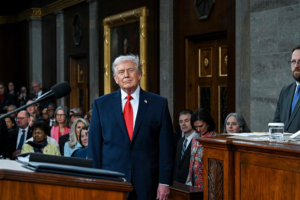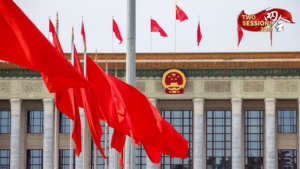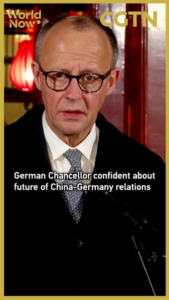
Vietnamese Vlogger Sheds Light on Global ‘China Travel’ Trend in 2026
Vietnamese vlogger Tieu Thanh’s viral China travel videos reveal 2026’s tourism surge driven by tech integration and policy reforms, reshaping global perceptions.
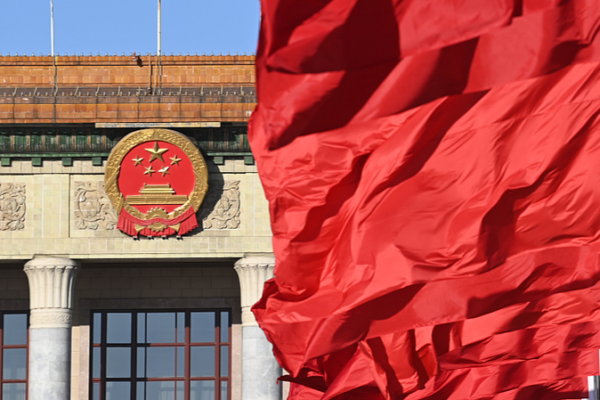
China’s 2026 NPC Session Opens March 5: Key Agendas Revealed
China’s National People’s Congress convenes March 5-12, 2026, setting economic agendas and cross-strait policy directions amid global challenges.
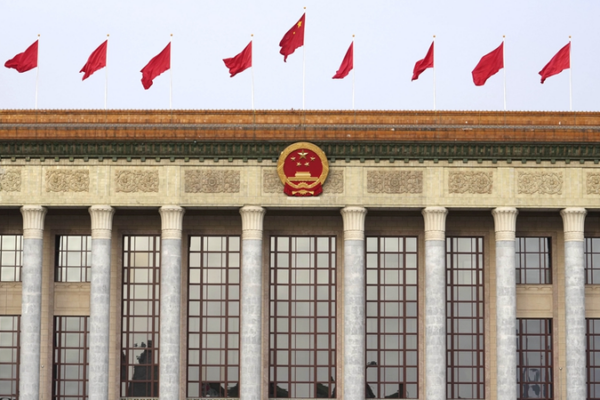
China’s NPC Previews Key Agenda Ahead of Annual Session
China’s National People’s Congress outlines 2026 priorities, emphasizing economic growth, tech innovation, and cross-strait relations ahead of its annual session.
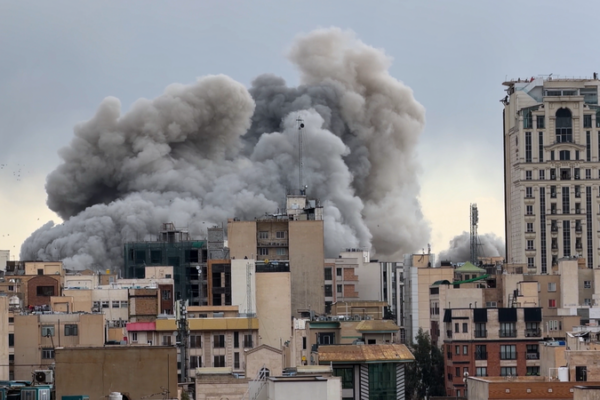
Global Powers Urge Ceasefire as US-Israeli Strikes on Iran Enter Fifth Day
International condemnation grows as US-Israeli strikes on Iran enter fifth day. Global leaders call for immediate ceasefire and diplomatic solutions to prevent regional escalation.
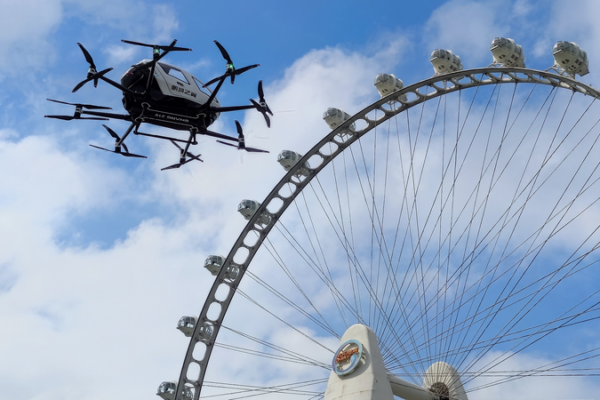
China’s eVTOL Industry Soars as Next-Gen Productivity Driver
China’s eVTOL industry achieves breakthroughs in autonomous flight and battery tech, reshaping urban transport and logistics through next-gen productivity innovations.

Shenzhen Prioritizes Wildlife with Eco-Friendly Lighting Initiatives
Shenzhen implements eco-friendly lighting and wildlife corridors to protect migrating species, balancing urban growth with ecological preservation.

Iran-Israel Conflict Intensifies as Tehran Declares “Battle for Survival”
Iran and Israel enter fifth day of intensified military strikes, with Tehran declaring a “battle for survival” as regional tensions reach new heights in 2026.
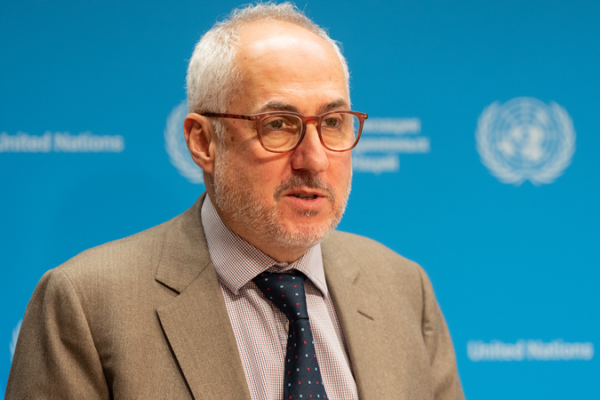
EU-UN Committee Reaffirms Commitment to Global Peace Amid Shifting Security Landscape
The EU-UN Strategic Committee on Peace and Security held its inaugural meeting, pledging enhanced cooperation on conflict prevention, climate security, and peacekeeping operations in 2026.
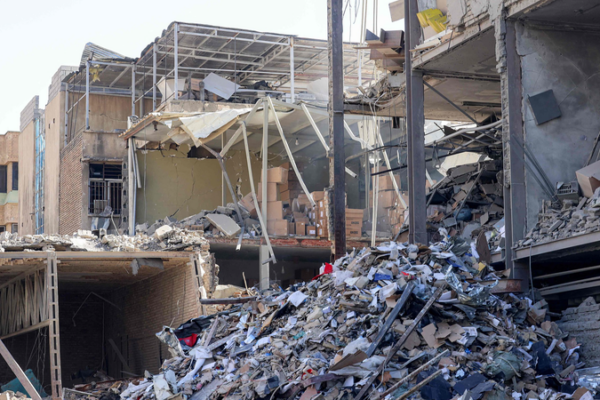
Middle East Hostilities Escalate, Humanitarian Crisis Deepens in 2026
Escalating Middle East conflicts in 2026 strain humanitarian efforts, with rising civilian casualties and restricted aid access, warns UN.
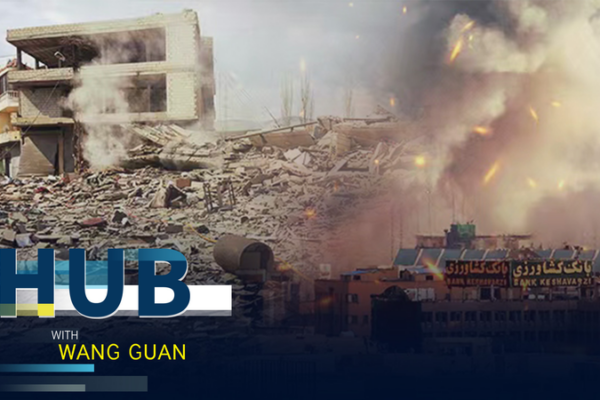
US-Israel Strikes on Iran: Assessing Regional Escalation Risks
US-Israel military actions against Iran heighten Middle East tensions, with experts analyzing risks to global energy markets and regional stability in March 2026.

Spain Vows to Counter Potential US Trade Embargo, Cites Economic Resilience
Spain pledges to address US trade embargo threats, emphasizing economic resilience and adherence to international agreements amid escalating diplomatic tensions.
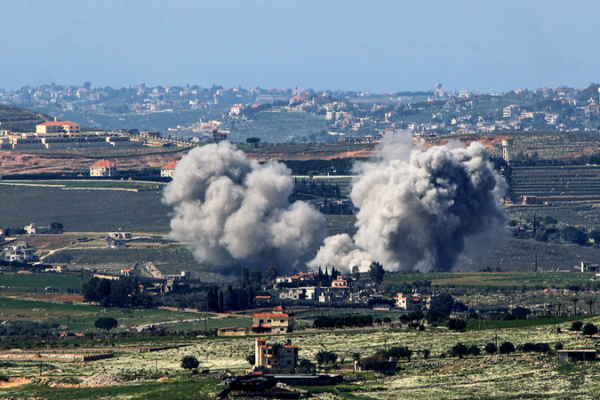
Hezbollah Claims Retaliatory Strike on Israeli Naval Base in Haifa
Hezbollah claims a rocket attack on an Israeli naval base in Haifa, citing retaliation for recent Israeli airstrikes in Lebanon. March 4, 2026.
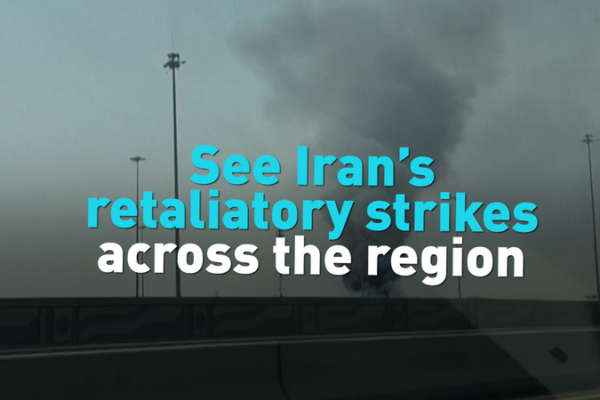
Iran Launches Retaliatory Strikes Across Middle East in 2026 Escalation
Iran’s 2026 retaliatory strikes target Gulf states, Israel, and U.S. bases, escalating regional tensions and drawing global concern.

AI Agents Redefine Mobile Tech at MWC 2026: Privacy and Power Shifts Take Center Stage
At MWC 2026, AI agents challenge traditional app ecosystems, sparking debates on privacy, data control, and the future of mobile technology.
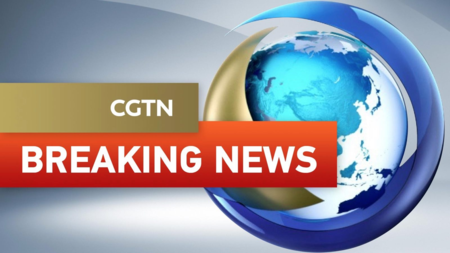
Israel Launches ‘Broad Wave’ of Strikes in Iran, Targets Key Infrastructure
Israeli military confirms new strikes targeting Iranian infrastructure, escalating regional tensions. Latest updates on developments as of March 2026.
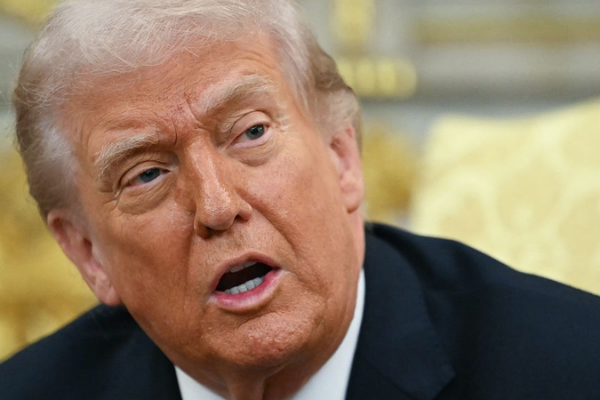
U.S. Announces Naval Escorts in Strait of Hormuz Amid Rising Tensions
U.S. President Trump orders naval escorts for tankers in the Strait of Hormuz following recent escalations with Iran, impacting global oil markets.
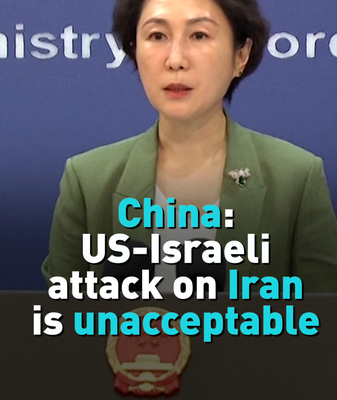
China Condemns US-Israeli Strikes on Iran, Urges Diplomatic Resolution
China’s Foreign Ministry condemns recent US-Israeli military strikes on Iran, urging an end to hostilities and a return to diplomatic negotiations.
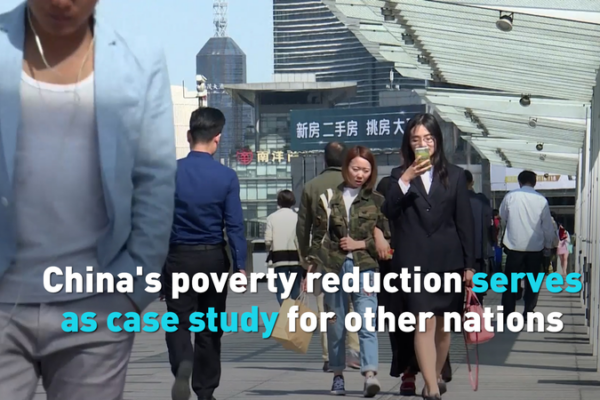
China’s Poverty Eradication Model Gains Global Attention
China’s poverty eradication strategies, lifting 800 million out of hardship, draw global interest as policymakers seek sustainable development models.
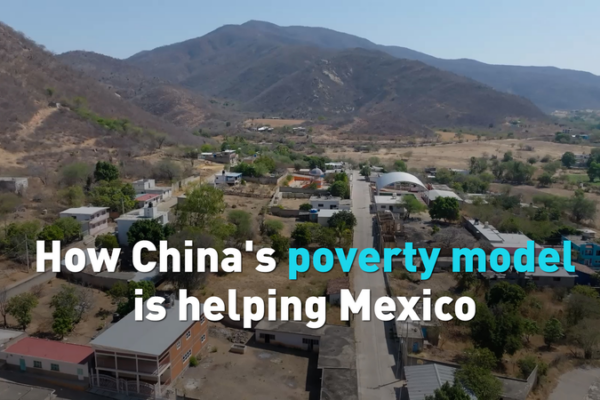
China’s Poverty Alleviation Model Gains Traction in Mexico
As Mexico seeks sustainable solutions to rural poverty, analysts explore lessons from China’s targeted poverty alleviation programs. Could this model bridge economic gaps?

California Ports Ring in Lunar New Year with Trade and Tradition
The Ports of Long Beach and Los Angeles celebrate Lunar New Year 2026, highlighting their role in US-Asia trade and cultural connections.

